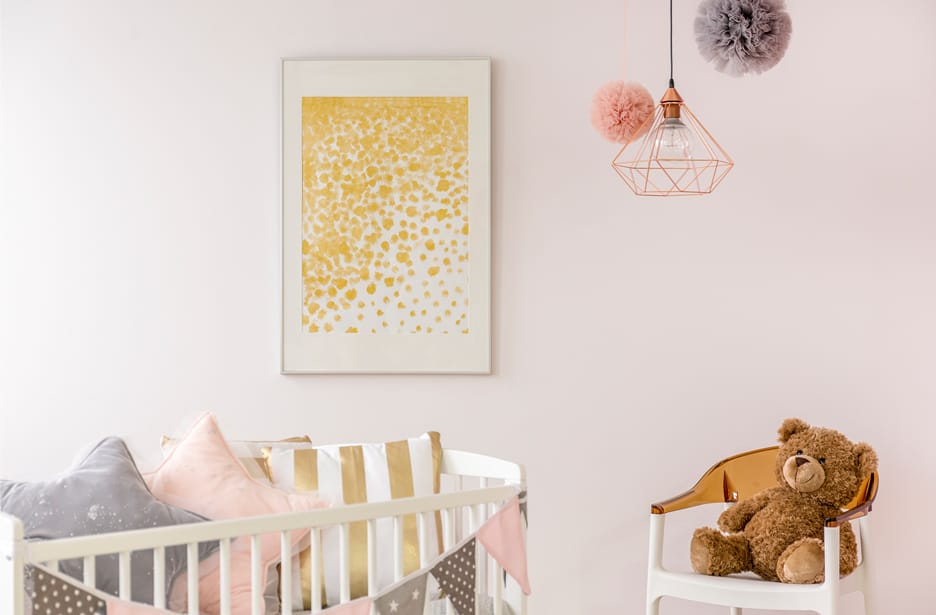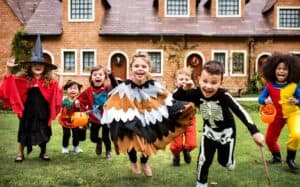Why Music in Group Settings is Important for Toddlers
Music is an essential part of early childhood development, as it helps to foster children’s cognitive, social, emotional, and physical growth. Music in group settings, such as music classes or sing-alongs, can be particularly beneficial for toddlers. Music classes for toddlers provide opportunities for children to learn and grow in a fun and interactive environment. They allow children to explore music, movement, and sound in a safe and nurturing environment. Music classes for toddlers also provide parents an opportunity to spend quality time with their children while also contributing to their development.
Music classes for toddlers can have a wide range of benefits. They can improve cognitive development, social and emotional skills, and physical development. They also provide a sense of community and belonging for both children and parents. Research has shown that music classes for toddlers can have a positive impact on children’s language development, memory, and concentration. Furthermore, it can also aid in the development of fine motor skills and hand-eye coordination. Music classes for toddlers can provide a fun and engaging way to introduce children to the world of music and set them on a path of lifelong learning and appreciation of music.
Group Settings in Music Class and Toddlers
A group music class for toddlers is typically taught by a trained music teacher or facilitator who uses a variety of activities and techniques to engage children and promote their learning and development. The class is usually structured to include a variety of musical activities, such as singing, dancing, and instrument play, that are designed to be age-appropriate and fun for toddlers.
The class may begin with a welcome song, where the teacher will lead the children in singing a familiar song to help them feel comfortable and ready to participate. The teacher will then introduce a new song or activity and lead the children through it with gestures, movements, and visuals to make it more interactive and engaging. The teacher will also encourage children to participate by singing along, playing instruments, or dancing along.
In a group music class for toddlers, there is also an emphasis on social interaction and cooperation. The teacher will often incorporate games and activities that require children to take turns, share instruments, or work together as a group. These activities can help children to develop important social and emotional skills, such as cooperation and teamwork.
A music class for babies is typically more focused on the sensory experiences of music and less on cognitive development. The class is usually shorter and less structured, with more focus on free play and exploration of instruments. The class may also incorporate more use of props like scarfs, bubbles, and light to create a multi-sensory experience. The teacher may also use more lullabies and soothing songs to help calm and soothe babies. The class is usually less interactive and less structured.
Benefits of Peer-to-Peer Learning
Music in group settings, such as music classes, can enhance cognitive development in toddlers by stimulating their brains and promoting the development of memory and language skills. The group aspect of music classes for toddlers provides a unique learning environment that promotes social interaction, peer-to-peer learning, and cognitive development.
For example, learning the names of different instruments and the sounds they make in a group setting can help children develop their listening and memory skills while also providing opportunities for social interaction and cooperation with their peers.
Playing simple instruments, such as drums or shakers, in a group setting can also aid in the development of fine motor skills and hand-eye coordination while also encouraging children to take turns and share the instruments. Singing nursery rhymes and songs in a group setting can promote memory retention and language development, and it can also help children to understand and retain new information more effectively.
Social Skills During Music Class
Additionally, research has shown that music classes for toddlers can have a positive impact on children’s cognitive development, particularly when it comes to social and emotional development. Studies have found that children who participate in music classes have better verbal and spatial abilities than their peers who do not participate in music classes. Furthermore, group setting music classes can also aid in the development of early math skills, such as counting and pattern recognition, by using elements such as rhythm and beat.
Group music classes are also a great way to introduce babies to music and social interaction. Babies and toddlers are at entirely different developmental stages, but both age groups benefit from music classes. Learn more about the difference between baby vs. toddler music class here.
Building Confidence in New Situations
Music classes for toddlers can help children build confidence in new situations by providing a safe and nurturing environment where they can explore, learn, and express themselves. The structured activities and games used in these classes can help children to develop important skills such as fine motor coordination, language, and memory, which can give them a sense of accomplishment and pride in their abilities. Additionally, the group setting of these classes can help children to develop social skills such as cooperation and teamwork, which can build their confidence in interacting with others.
Creating Positive Behavior Habits
Music classes for toddlers can help to create and reinforce positive habits and behavior by providing a structured environment where children can learn and practice important skills such as taking turns, following directions, and listening. The activities and games used in these classes, such as passing a beanbag or ball during a song or playing instruments in a group setting, can help children to learn and practice these positive habits and behaviors. Additionally, the use of music as a tool to understand and express emotions can help children to develop self-regulation skills and manage their behavior.
Potential Challenges When Music & Toddlers Combine
One potential challenge that parents might face when putting their toddler in a group music class is the child’s shyness or lack of socialization skills. Toddlers at this age may be hesitant to participate in group activities or interact with other children, which can make it difficult for them to fully engage in the class. To overcome this challenge, parents can try to expose their child to social situations before the music class, such as playdates or visits to the park with other families. Additionally, parents can also talk to the music teacher beforehand to discuss any concerns and work together to create a comfortable and welcoming environment for the child.
Another challenge is the distraction of the other children in the class. The parents can work on how to manage their child’s attention and how to help them focus on the task at hand, for example, by praising their child when they follow along with the class and redirecting their attention when it wanders.
Another challenge could be the lack of patience of the child as toddlers are known for their short attention span and they might get bored or fussy quickly. Parents can work on developing their child’s attention span and patience by incorporating music activities into their daily routine at home, such as singing songs or listening to music together.
Enhancing Growth and Development
In conclusion, a toddler group music class can provide many benefits for both the child and the parent. It can help to develop the child’s socialization skills, attention span, and patience, while also providing an opportunity for parents to bond with their child through music. Despite some challenges, such as shyness or distraction, with the right approach and support, these can be overcome. The effort and cost of the class are well worth it for the many benefits it can provide.
Want to find out if music class is right for your child? Try a free trial music class at Minibop!







